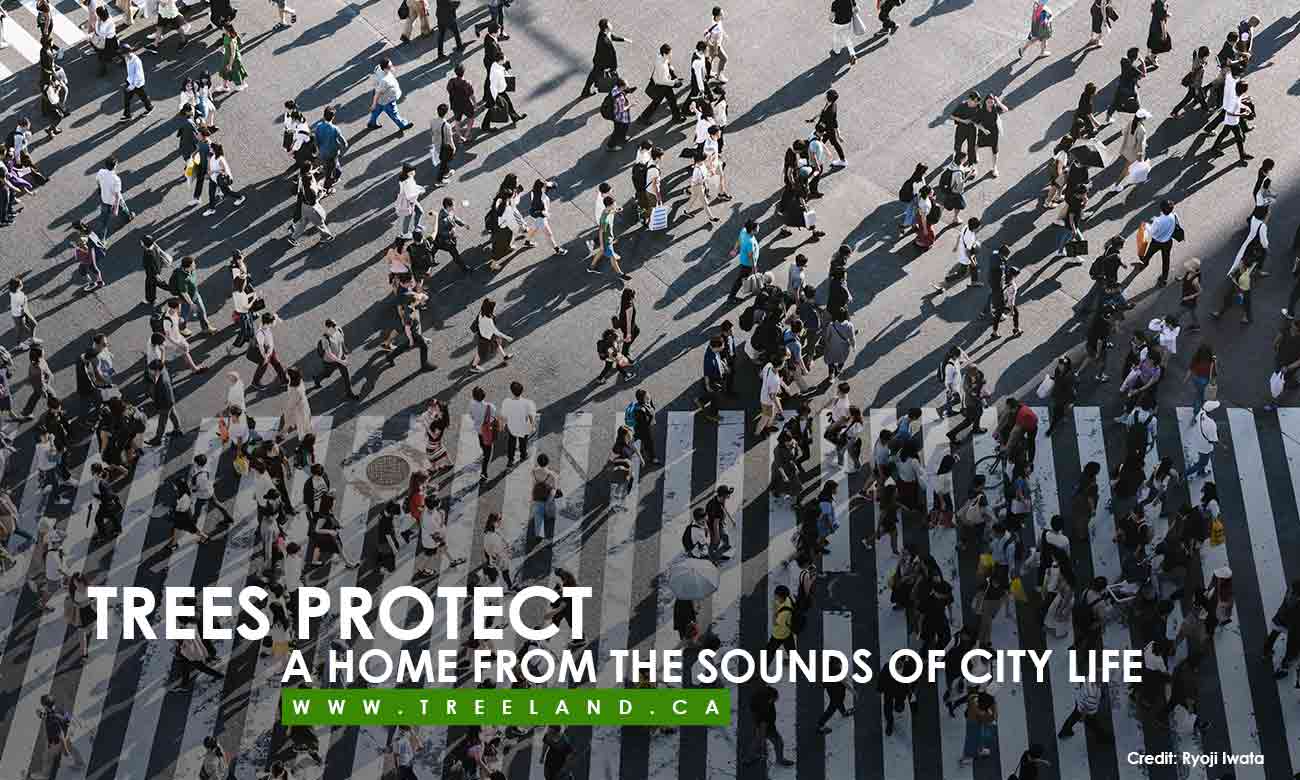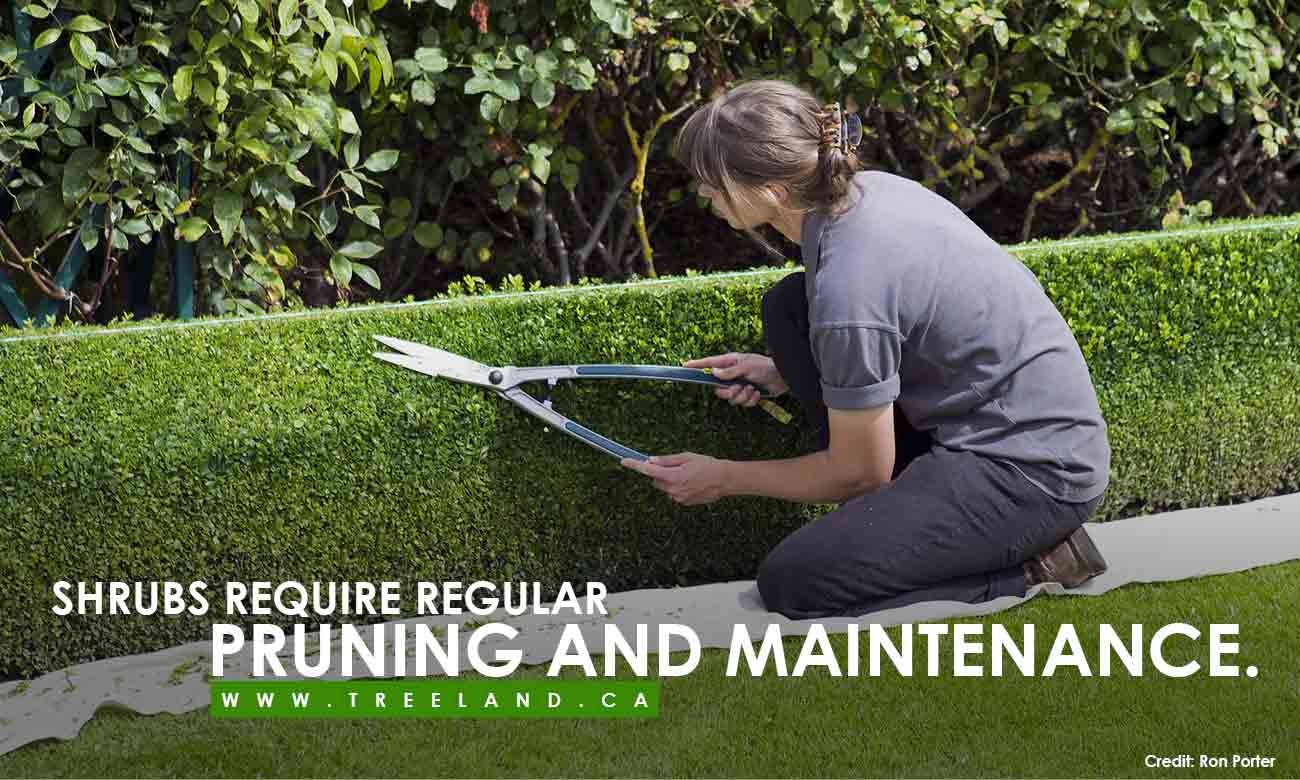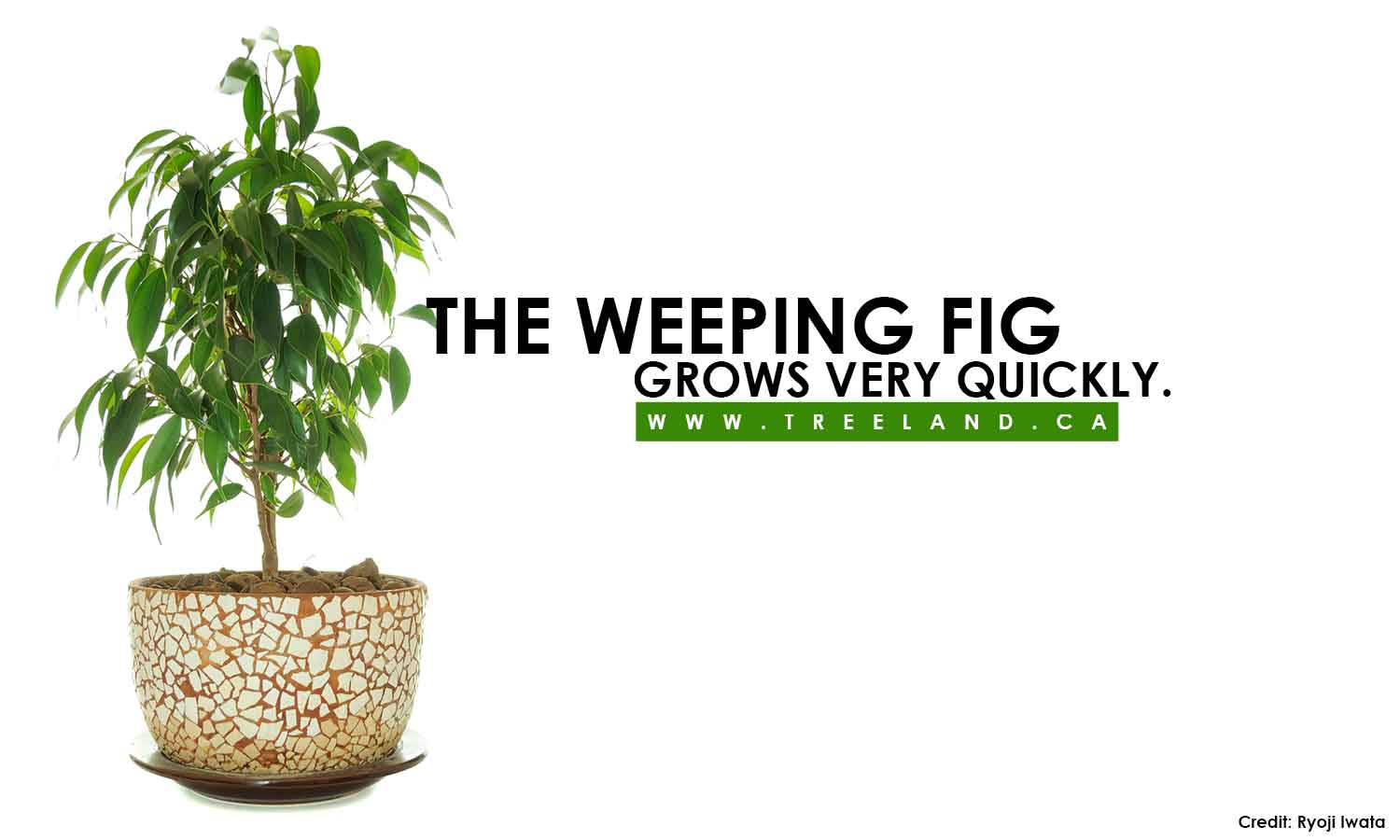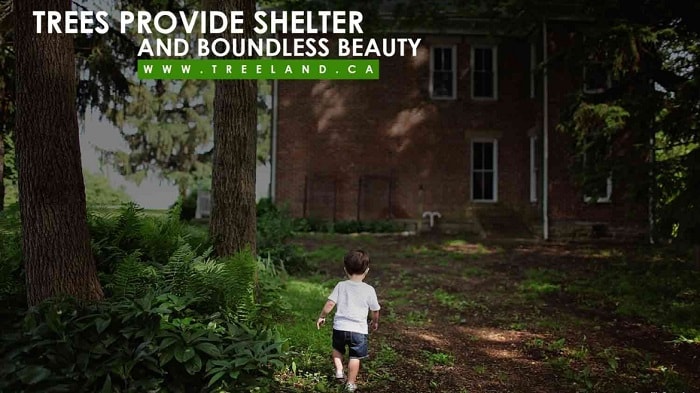The presence of trees around a home has been proven to increase property value, while providing immeasurable benefits to the home’s occupants. With city living – where noise and pollution are constant concerns – that extra touch of “green” goes a long way! However, with so many choices available, selecting the best trees for urban homeowners can initially seem daunting. Make sure to evaluate your individual needs and priorities before you purchase.
Evaluating your Needs
Before heading to a nursery or tree provider, take stock of your environs and personal priorities. If you know what you’re looking you’ll save time and money, and you’ll prevent disappointment. Consider also whether you’ll require expert assistance during the planting process. If a low-maintenance property is a priority, all it takes is a little forethought and planning. An important first step is defining which tree-related benefits are most desirable to you as a city dweller.

-
Privacy
– Trees can turn a property into a private oasis. For many, home is a retreat; this is increasingly true among city dwellers, with our hectic commutes and endless demands on our time. At first, privacy fences may seem desirable. However, a wood fence will rot, requiring regular maintenance. Consider also that local bylaws regulate the construction of fences, with strictly enforced height limits. As a natural privacy screen, trees are an excellent low-impact option.

-
Soundproofing
– By reducing wind, trees create a sense of calm inside a home. Even a few carefully placed trees will help cut noise from traffic, outside voices and construction, as well as from surrounding properties. It will even replace these city sounds with birdsong! Trees also help protect your home from precipitation, thereby decreasing noise from pounding rain or hail. As a bonus, the soundproofing effect of a tree comes hand in hand with reduced energy expenditures, since wind reduction means lower heating costs during the winter.
-
Shade
– The presence of a shade tree on a property can substantially reduce cooling costs when that hazy city heat hits. Climate change is an increasingly pressing concern, with the effects of rising temperatures felt keenly in densely populated areas. By shading homes in summer, trees help avoid the environmentally damaging effects of air conditioners. They also help fight climate change by improving our air quality.

-
Air quality
– Amazingly, a tree’s leaves can remove pollutants from the air. This includes polluting particles as well as gases. By removing carbon dioxide from our atmosphere, trees help alleviate the greenhouse effect (the process in which heat is trapped by our atmosphere). Trees also reduce humidity, increasing comfort for a city’s inhabitants.
Popular Choices For Urban Homeowners
It always pays off to research before you plant on your property. For best results, consult with an arborist about what trees would best suit your home’s soil, sunlight, and landscaping conditions before purchasing a new tree or shrub.
Coniferous trees
Conifers mature rapidly, making them a suitable choice for homeowners seeking a privacy screen. If the soil in your area is particularly moist, cypress trees are worth considering, due to their resistance to pests. White Pine can also provide exceptional privacy. Their dense bows create maximum screening, and they can grow up to 25 feet tall, (also helping in the shade department!). Their soft needles mean no prickly surprises underfoot, and they’re resistant to disease and infestation, making them a beautifully low-maintenance option. Another bonus with conifers is that there’s no raking involved! Most coniferous trees remain sturdy as they age.

Shrubs
For busy urbanites with a green thumb, shrubs can revitalize your yard without the upkeep required by a flower garden. Shrubs require less water and fertilization than flowers. Junipers and viburnums are excellent all-purpose, low-maintenance options for urban homeowners with busy schedules. Some viburnums develop a non-fragrant flower that closely resembles a hydrangea. Keep in mind that most shrubs require pruning. If you have a smaller home, consult a professional to avoid selecting specimens that will grow over 15 feet tall, thereby overshadowing your property.
Maples
A timeless Canadian choice, maples add beauty and serenity to the city landscape. Their brilliant fall colours provide relief from the dull grey of concrete and brick, and their boughs provide essential shade during those smog-filled summer days. Red maples have particularly dense, leafy coverage, maximizing coverage around your home. While an ageing maple may eventually require more maintenance than a coniferous specimen, the shade-giving benefits (combined with a maple’s aesthetic appeal) outweigh this concern for many homeowners.
There are a variety of maples available to urban homeowners, though it’s essential to consult with an expert to make sure you don’t end up with a too-tall tree for your property.
Popular Options for Condos
Just because you don’t have a yard, doesn’t mean you have to live without greenery! Some would argue that, without direct access to the outdoors, it’s essential to find ways to bring nature into your life. While we typically associate a tree’s environmental impact with the outdoors, indoor trees have a similar cleansing effect on the air inside your home. Fortunately, each year new species of indoor trees become available, with many of them simpler to maintain that you might think. Refresh your living space with the calming, air-cleansing presence of indoor trees.
Planters
Using sturdy containers allows you to move trees around your condo (or balcony). This means you can easily change the look of your space, and it will enable you to take advantage of shifting light levels from season to season. Planters can help vulnerable trees avoid pests and disease, reducing stress and replacement costs down the road. Plastic planters are inexpensive and easy to move. However, if you prefer the effect of wood planters, seek out rot-resistant varieties to save on repair.

Fig trees
These trees thrive in direct sunlight, and when protected from drafts. Avoid overwatering; some varieties, such as the Fiddle Leaf, only requiring watering once a week! This makes them a natural choice for busy urbanites. These trees tend to reach towards a light source, so it’s essential to rotate them every month to help them grow upright. If you’re looking for a fast-growing variety, the Weeping fig should fit the bill. Fig trees are toxic to pets, so consult an expert before bringing one into a home with animals.
Palms
For a tropical touch, there are now a wide variety of palms available. Your local nursery will be able to advise you regarding the ideal type for your circumstances. If the plant will be placed in a shaded area, a Lady palm makes an excellent choice. Areca palms prefer indirect light and are touted for their heightened air-purifying function. Palms should be watered carefully since too much moisture will cause it to wither. They thrive in warmer temperatures, so be sure to monitor air conditioning settings to avoid damaging your indoor palm trees.
Olive trees
Olive trees are increasingly trendy among condo dwellers seeking some European flair. Unsurprisingly, these trees enjoy full sunlight, making them an excellent option for balconies, or anywhere that might be too hot for more delicate trees. Olive trees do not require much water.
Bird Of Paradise trees
This flowering, large-leafed tree makes an impressive visual statement and is surprisingly easy to care for. This is a slow-growing plant, with leaves that resemble those of a banana plant. Bird of Paradise trees do require exposure to sunlight, and their soil must be kept moist during the warmer months.
Whether you live in a downtown condo, a detached home, or a townhouse, trees provide the perfect antidote to stressful urban living. Don’t let the size of your property decide whether or not to consider trees; a wide variety of species exist, to serve a wide range of needs! Homeowners throughout Caledon and the GTA can contact Caledon Treeland at (905) 880-1828 for a consultation, or use our contact page to schedule a visit to our tree farm. Our tree specialists are happy to help you decide which option is the best fit for your city home.

